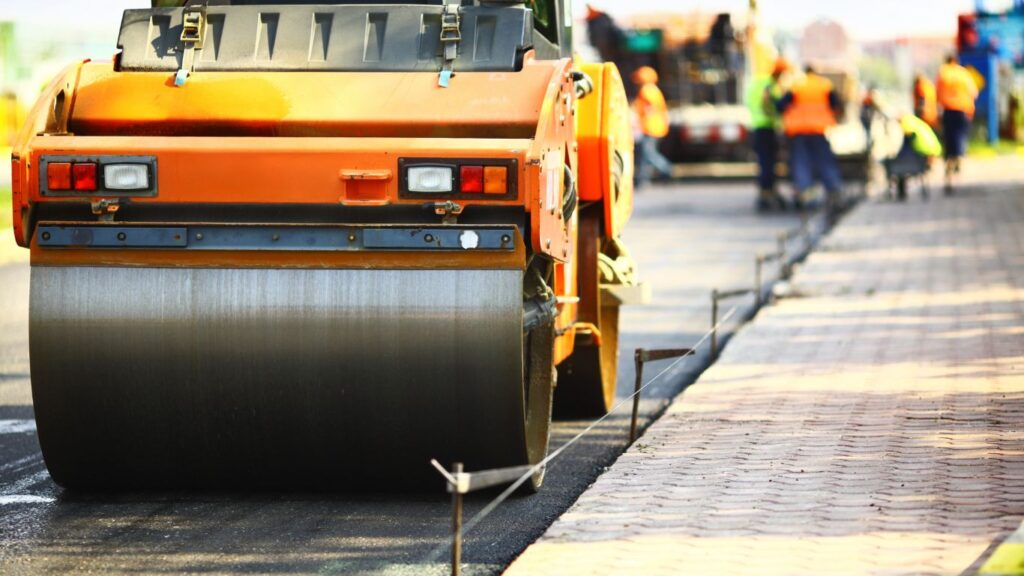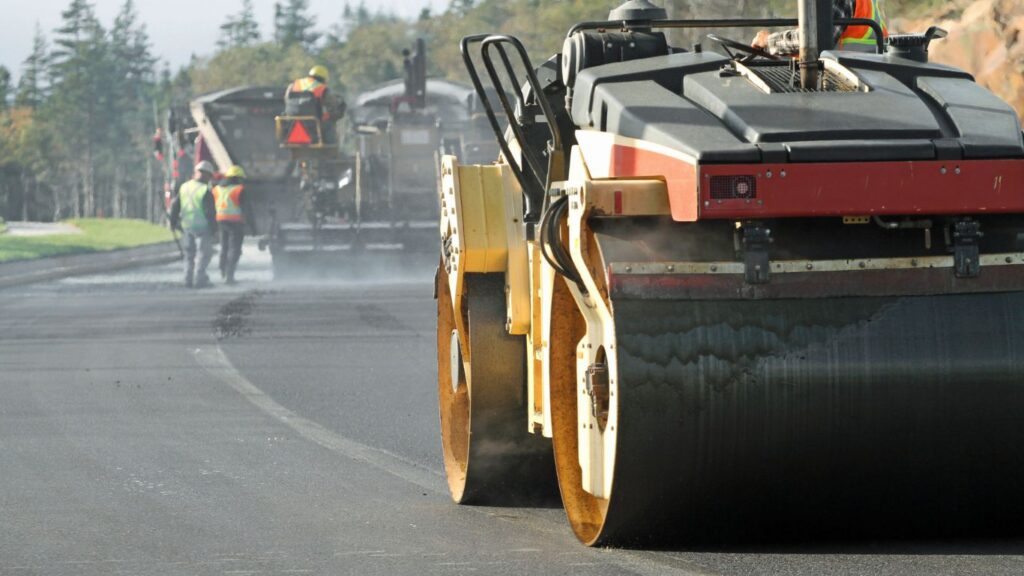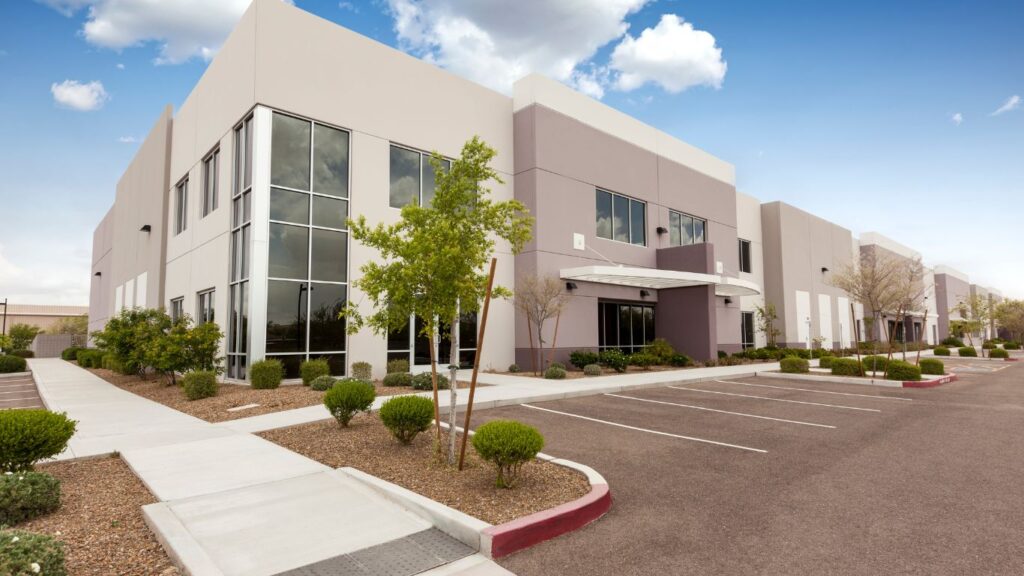Roads are the arteries of a nation, connecting people and facilitating economic growth. Over the years, the methods and materials used in road construction have evolved, and one substance has emerged as a cornerstone in this domain: asphalt. Visit
Introduction
Definition of Road Construction
Road construction involves the planning, design, and execution of projects to create or improve transportation infrastructure. It plays a pivotal role in enhancing connectivity and supporting economic development.
The importance of Asphalt in Road Construction
Asphalt, a sticky and viscous black liquid, has become a go-to material for road construction due to its remarkable properties. Its flexibility, durability, and cost-effectiveness make it a preferred choice for paving roads worldwide.
Historical Perspective
Evolution of Road Construction Materials
Historically, road construction materials ranged from simple dirt paths to more sophisticated materials like cobblestones. However, the need for a resilient and weather-resistant substance paved the way for asphalt.
Rise of Asphalt as a Dominant Choice
Asphalt’s popularity soared in the 20th century due to its ability to withstand heavy traffic loads, climatic variations, and overall wear and tear.
Advantages of Asphalt in Road Construction
Durability and Longevity
Asphalt roads exhibit exceptional durability, with the ability to withstand the test of time and traffic. This longevity translates into cost savings for governments and communities.
Cost-Effectiveness
Compared to alternative materials, asphalt is cost-effective both in initial construction and long-term maintenance. Its ease of installation and repair contribute to its economic advantage.
Environmental Sustainability
Modern asphalt technology emphasizes sustainability, with options like Warm Mix Asphalt (WMA) and the incorporation of recycled materials. These practices reduce environmental impact without compromising performance.
Types of Asphalt Used in Road Construction
Hot Mix Asphalt (HMA)
HMA is a common asphalt type, produced at high temperatures. It is versatile and suitable for various climates.
Warm Mix Asphalt (WMA)
WMA, produced at lower temperatures, offers energy savings and reduced greenhouse gas emissions during production.
Cold Mix Asphalt (CMA)
CMA, used at lower temperatures, is ideal for quick repairs and temporary road solutions.
Road Construction Process with Asphalt
Preparation of the Subgrade
Before asphalt application, a robust subgrade preparation ensures a stable foundation for the road.
Base Course Installation
The base course provides additional strength and support, enhancing the overall structure.
Asphalt Mix Placement
The carefully formulated asphalt mix is applied, ensuring a smooth and resilient road surface.
Compaction and Finalization
Compaction of the asphalt layers ensures density and uniformity, creating a road ready for traffic.
Innovations in Asphalt Technology
Polymer-Modified Asphalt
Incorporating polymers enhances asphalt properties, increasing resistance to wear, cracking, and deformation.
Porous Asphalt for Sustainable Drainage
Porous asphalt allows water to penetrate, promoting sustainable drainage and reducing runoff.
Recycled Asphalt Pavement (RAP) Utilization
Recycling old asphalt reduces waste and conserves resources, contributing to sustainable construction practices.
Challenges and Solutions
Common Challenges in Asphalt Road Construction
Challenges such as weather constraints, traffic disruptions, and material costs require strategic solutions.
Innovative Solutions and Technologies
Advanced technologies, including real-time monitoring and smart construction materials, address challenges and optimize road construction processes.
Future Trends in Asphalt Road Construction
Technological Advancements
The future holds promising technological advancements, including self-healing asphalt and smart infrastructure.
Sustainable Practices
Increasing emphasis on environmentally friendly practices, like bio-based binders, anticipates a greener future for asphalt road construction.
Case Studies
Successful Road Construction Projects with Asphalt
Examining projects that have thrived with asphalt highlights its efficacy in diverse settings and conditions.
Impact on Local Communities
Beyond infrastructure, asphalt road construction positively influences local economies and communities.
Maintenance of Asphalt Roads
Regular Inspections and Repairs
Routine inspections and prompt repairs ensure the continuous functionality and safety of asphalt roads.
Life Cycle Assessment
Assessing the life cycle of asphalt roads informs decision-making for future construction and maintenance projects.
Environmental Impact
Carbon Footprint of Asphalt
Addressing concerns about the carbon footprint involves adopting eco-friendly practices and materials.
Mitigation Strategies
Innovations like carbon capture and storage mitigate the environmental impact of asphalt production.
Economic Impact of Asphalt Road Construction
Job Creation
Asphalt road construction generates employment opportunities, contributing to economic growth.
Economic Stimulus
Investing in infrastructure, including asphalt roads, stimulates economic activities and development.
Safety Considerations
Road Safety Measures during Construction
Implementing safety measures during construction ensures the well-being of workers and the public.
Impact on Traffic Flow
Efficient construction practices minimize disruptions to traffic flow, prioritizing safety and convenience.
Public Perception and Awareness
Community Involvement in Road Construction
Involving communities in the decision-making process fosters a positive perception and understanding of road construction projects.
Public Education on Asphalt Benefits
Educational initiatives regarding asphalt’s advantages promote public support and cooperation.
Conclusion
In conclusion, the use of asphalt in road construction represents a pivotal advancement in infrastructure development. Its myriad advantages, technological innovations, and sustainable practices position asphalt as a key player in shaping the future of transportation. Visit
FAQs (Frequently Asked Questions)
-
Is asphalt a sustainable choice for road construction?
- Yes, with advancements like Warm Mix Asphalt and recycled materials, asphalt has become more sustainable.
-
How long does an asphalt road last?
- Properly constructed and maintained asphalt roads can last for 20 to 25 years or more.
-
What challenges are faced during asphalt road construction?
- Weather constraints, traffic management, and material costs are common challenges addressed in asphalt road construction.
-
Are there alternatives to traditional asphalt in road construction?
- While there are alternatives, the versatility and cost-effectiveness of asphalt make it a preferred choice.
-
How does asphalt contribute to economic growth?
- Asphalt road construction creates jobs, stimulates economic activities, and enhances overall development.






